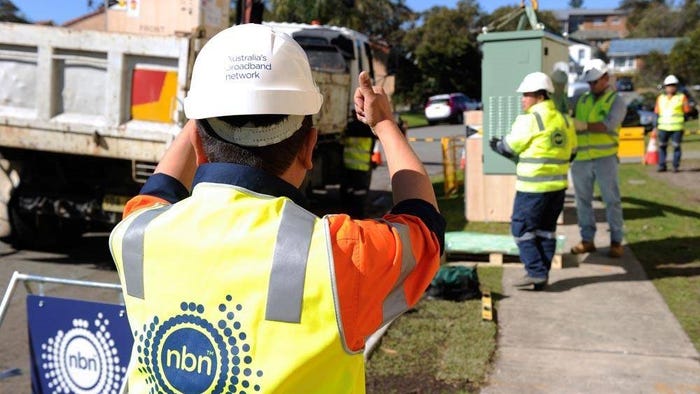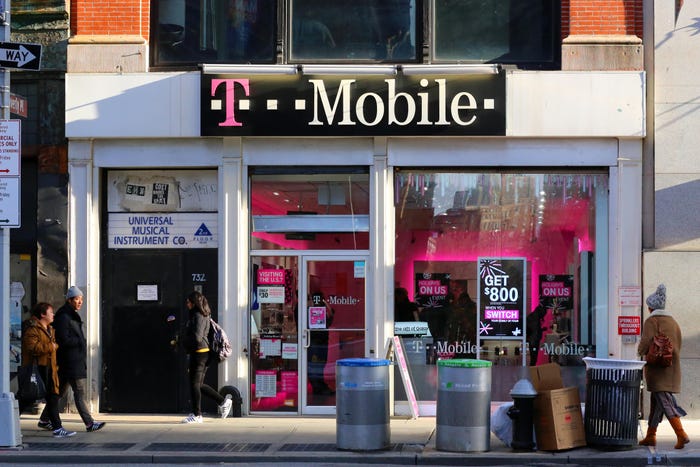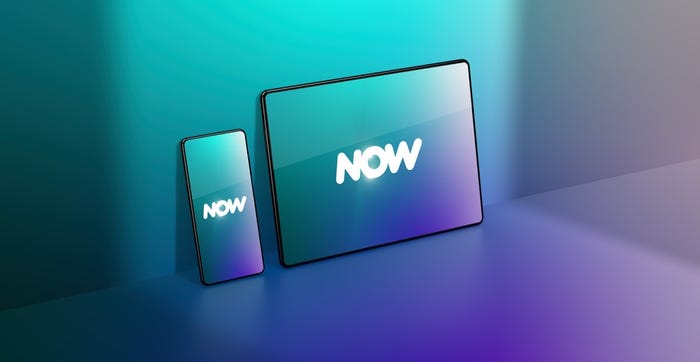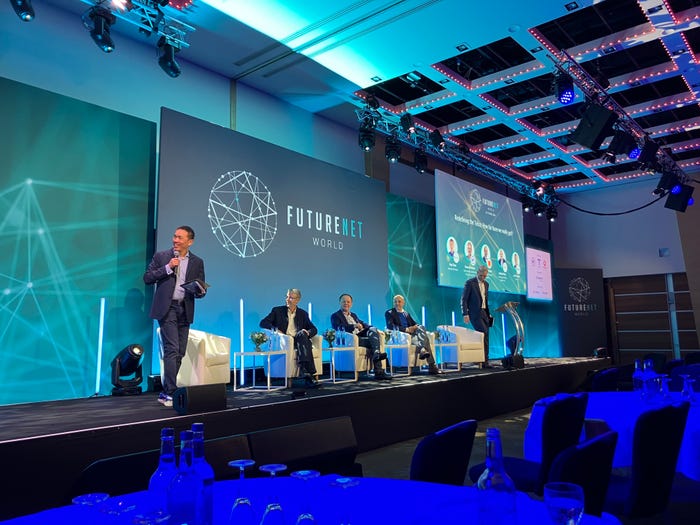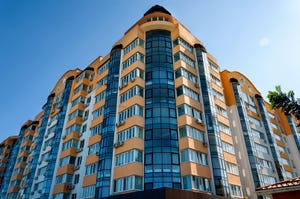thumbnail
Video Streaming
Vantiva enters the connected home care sectorVantiva enters the connected home care sector
Vantiva is starting to support the healthcare market with 'HomeSight,' a suite of care products and services, including connected cameras. #pressrelease
Subscribe and receive the latest news from the industry.
Join 62,000+ members. Yes it's completely free.
